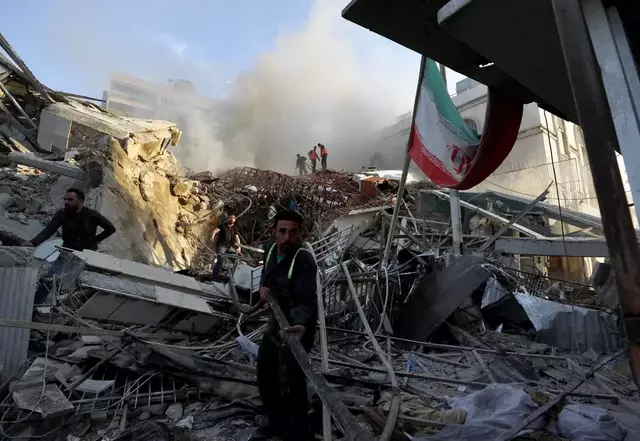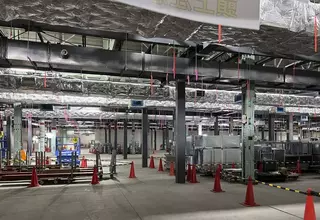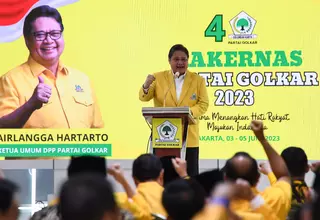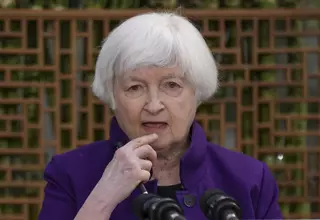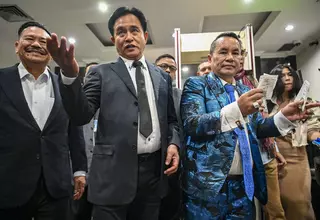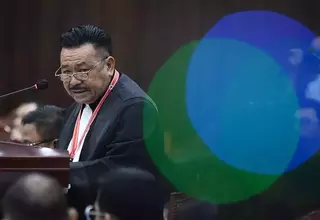Indonesia Improves in Getting Private Money for Infrastructure
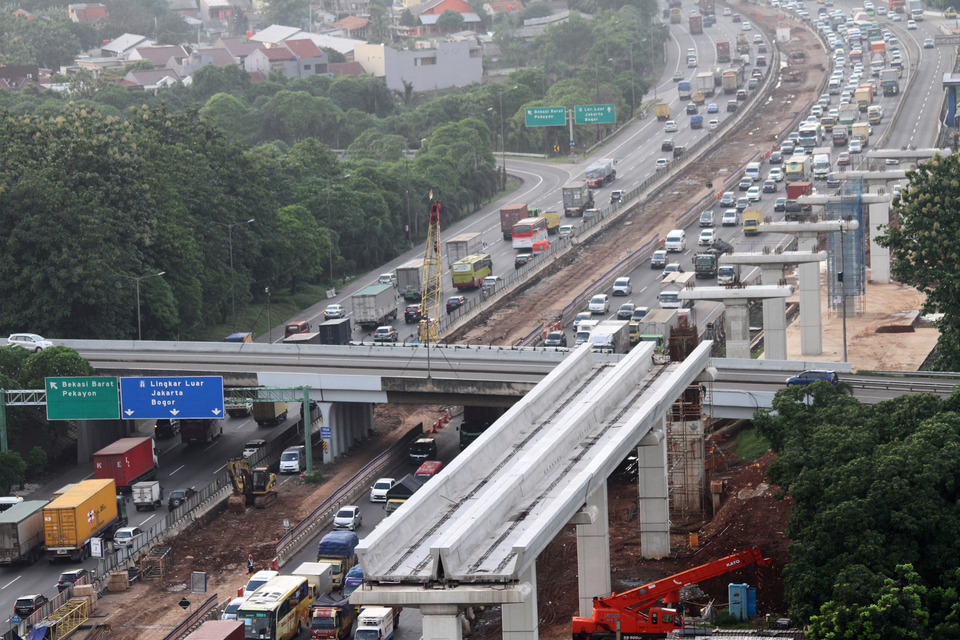
Jakarta. President Joko "Jokowi" Widodo must have felt relieved and proud when the presidential airplane touched down at Kertajati International Airport in Majalengka, West Java, to inaugurate its service last week.
The president can now showcase the airport as a successful and punctual public-private partnership (PPP) for infrastructure development.
Initiated by the provincial government of West Java in 2009, the $800 million airport project was initially marred by land-clearing and financing problems. In 2015, Jokowi decided to step in with a state fund for the airport's runway, taxiway and air navigation system.
The move allowed Bandarudara Internasional Jawa Barat (BIJB), a state-owned enterprise, to concentrate on developing the terminals.
Since then the project has become more attractive to investors, who saw a much lower risk. A syndicate of local Islamic banks injected $68 million into the airport last year. And soon BIJB will sell multimillion-dollar asset-backed mutual funds to investors.
"The Kertajati airport is an example of successful cooperation between the central government, provincial government and the private sector. We will replicate this business model in other regions to accelerate development," Jokowi told reporters on the airport's taxiway on Thursday (24/05).
Second Best
Indonesia was second after China in terms of attracting private funds to infrastructure projects last year, according to the World Bank's Private Participation in Infrastructure (PPI) report released in April.
It showed Indonesia attracted $15.4 billion to 11 projects. Of that amount, about $6 billion alone was used to build the Jakarta-Bandung high-speed railway, which is in 60 percent funded by a consortium of Indonesian state-owned companies and in 40 percent by Chinese enterprise China Railway Construction Corp.
Among 304 projects considered in the report, 58 percent of the world's PPI was in China, Indonesia, Mexico, Brazil and Pakistan, amounting to $93.3 billion, a 37 percent increase from 2016.
Indonesia's infrastructure push started under President Jokowi, who in 2015 said that more than $400 billion will be spent to accomplish 247 national strategic projects by 2019. Since 2014, when he took office, 30 of the projects, worth Rp 94.8 trillion ($6.7 billion) have been completed.
Stronger Mechanism
Since its implementation in the 1990s, private participation has been limited to the sectors of transportation and energy infrastructure. Having realized that the state budget simply cannot bear the costs of its infrastructure projects, the government has broadened the scope of public-private partnerships. Health care, telecommunications and water treatment projects have also been included.
A 2015 presidential regulation, which expanded these financing possibilities, also set up a guarantee mechanism to fix the rate of return for investors in such projects. It also established Sarana Multi Infrastruktur (SMI) to help channel private funds into ready-to-built projects, and Penjaminan Infrastruktur Indonesia to provide guarantees for investors.
"Over the past few years, the Indonesian government has considerably strengthened the legal and institutional frameworks for PPPs," ADB country director for Indonesia, Winfried Wicklein, told the Jakarta Globe in an email last week.
"By improving the quality of project preparation, ensuring competitive, fair and transparent procurement processes, and complying with obligations under existing long-term PPP contracts, Indonesia can deepen private sector interest in its PPP program," he said.
There are 12 ongoing PPP infrastructure projects, including the Jakarta-Cikampek II Elevated Toll Road.
The National Development Planning Agency (Bappenas) said that in 2018 there will be at least 15 new public-private projects, including the $1 billion, 71-kilometer Yogyakarta-Bawen Toll Road.
Of these 15, only the $34-billion West Semarang Water Supply has been tendered, the rest are still being prepared.
Benefits, Costs
The most common form of public-private partnership is called "build, operate, transfer." With this model, a public facility is built and operated by a private enterprise for a longer time, after which its ownership returns to the government.
With this scheme, the government can refrain from taking in more loans or save the money for social programs.
"However, when a toll road is built under a PPP scheme, it means the private operator would charge higher prices [to obtain profit]. When this happens, people may have to bear the higher price, which also means lower social benefits of the projects," said Ahmad Mikail, an economist at Samuel Sekuritas Indonesia.
The government should take this into consideration.
"Whether a PPP has gone effectively is when people are satisfied with the facility built under the scheme," Ferdinand Pecson, head of PPP Center of the Philippines, told the Jakarta Globe earlier this month.
Tags: Keywords:POPULAR READS
Nissan to Make Next-Generation EV Batteries by Early 2029
Solid-state batteries are widely seen as the next step for EVs.Airlangga Set to Extend Leadership in Golkar After Election Success
Under his leadership, Golkar rose to the second position in the legislative polls and successfully made Gibran the elected vice president.Yellen Says Iran's Actions Could Cause Global 'Economic Spillovers'
Iran's missile attack on Israel early Sunday came in response to what it says was an Israeli strike on Iran's consulate in Syria.Takeaways from Prabowo's Responses to Legal Motion Contesting His Election Win
Part of the argument addresses the claim that the candidacy of Gibran Rakabuming Raka, Prabowo’s running mate, is unlawful.Prabowo Camp Cites ‘Procedural Error’ in Legal Challenge by Rival Candidates
The Constitutional Court's main task is to address alleged discrepancies in vote tallies, which neither of the plaintiffs challenged.Popular Tag
Most Popular
